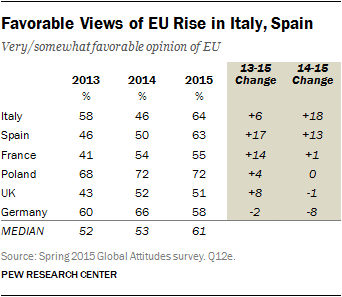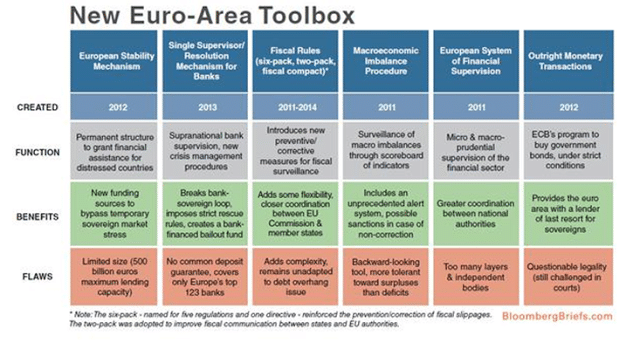Imagine an EU without the UK
Europe is always a heated topic at a Conservative party conference. This year much debate has focused on David Cameron’s ongoing renegotiation of terms for staying in the EU. By contrast, the terms on which a Brexit might happen have garnered little attention. Those advocating it oscillate between – and often treat as interchangeable – quite different and incompatible scenarios.







